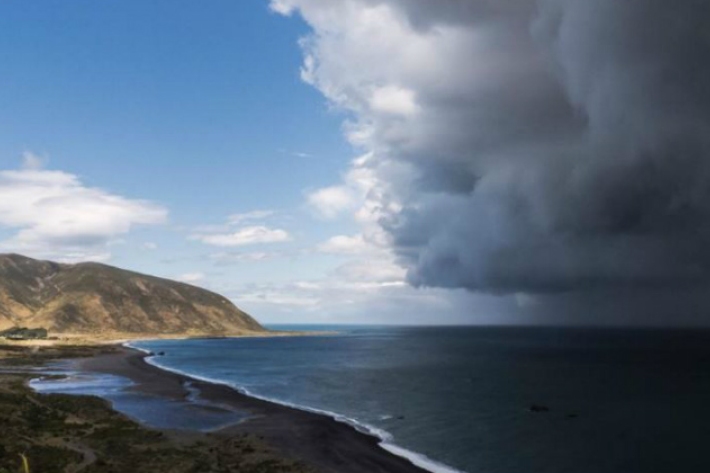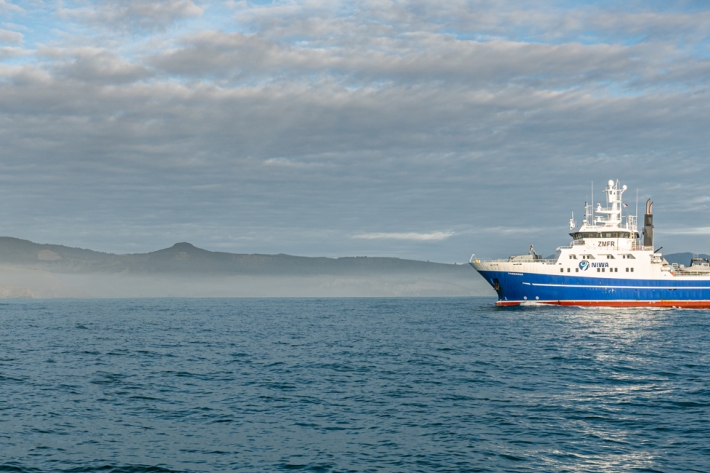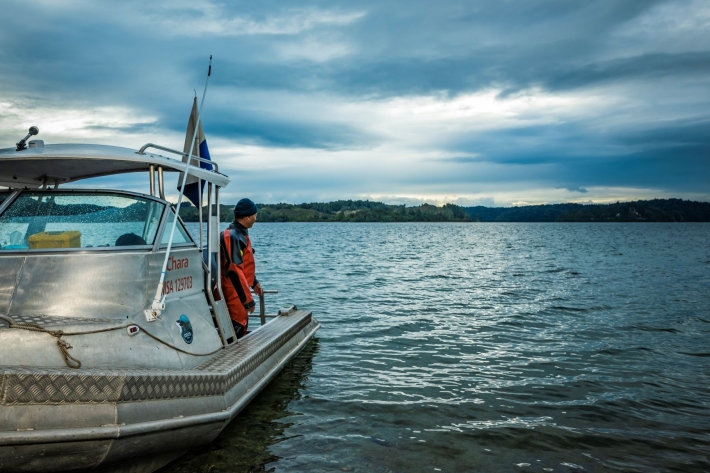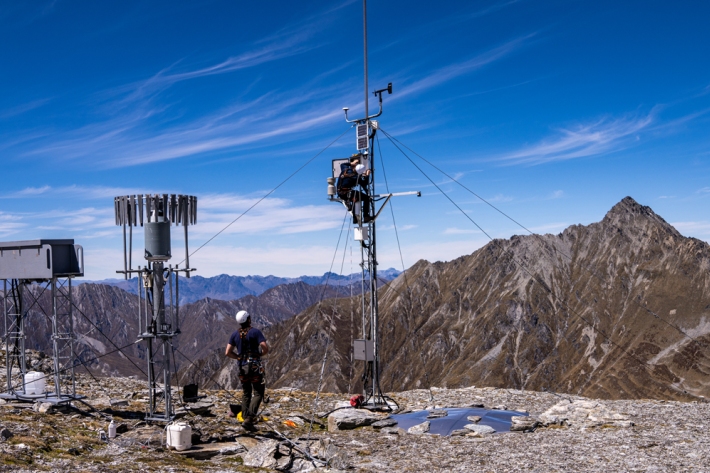-

What are greenhouse gases?
Greenhouse gases are atmospheric gases that intercept long-wave (mainly infrared) radiation emitted from the Earth's surface. -

Map N South
Education ResourceAs much of this climate zone is sheltered by high country to the west, south and in some areas to the east, it is the sunniest region of New Zealand. -

Wave hazard research
Research ProjectNIWA collects wave data, develops and verifies wave forecasting systems, and is developing and producing wave projections. -

The impact of El Niño and La Niña on New Zealand's climate
El Niño accounts for less than 25 percent of the year-to year variance in seasonal rainfall and temperature at most locations in New Zealand. -

Applying for vessel time
Find out how you can have access to Earth Science NZ's research vessels to carry out marine research voyages. -

Other vessels
FacilityNIWA operates about 30 other Maritime New Zealand-certified vessels based at Bream Bay, Auckland, Hamilton, Rotorua, Turangi, Wellington, Nelson, Greymouth, Tekapo, Christchurch, and Dunedin. -

Water temperature and hydro
How do hydro-electricity activities potentially influence waterway temperatures? -

Chemical contamination and wastewater
What are the potential sources of chemical contaminants in wastewaters? -

River Environment Classification
The River Environment Classification (REC) is a database of catchment spatial attributes, summarised for every segment in New Zealand's network of rivers. -

Causes of sedimentation
What are the potential sources of sediments from land use activities? -

Statement of Corporate Intent
This Statement of Corporate Intent (SCI) sets out NIWA's strategy for delivering against its core purpose over the next five years. -

Tuna - freshwater eels in New Zealand
Tuna is a generic Māori word for freshwater eels. The word will be used interchangeably in this resource.
